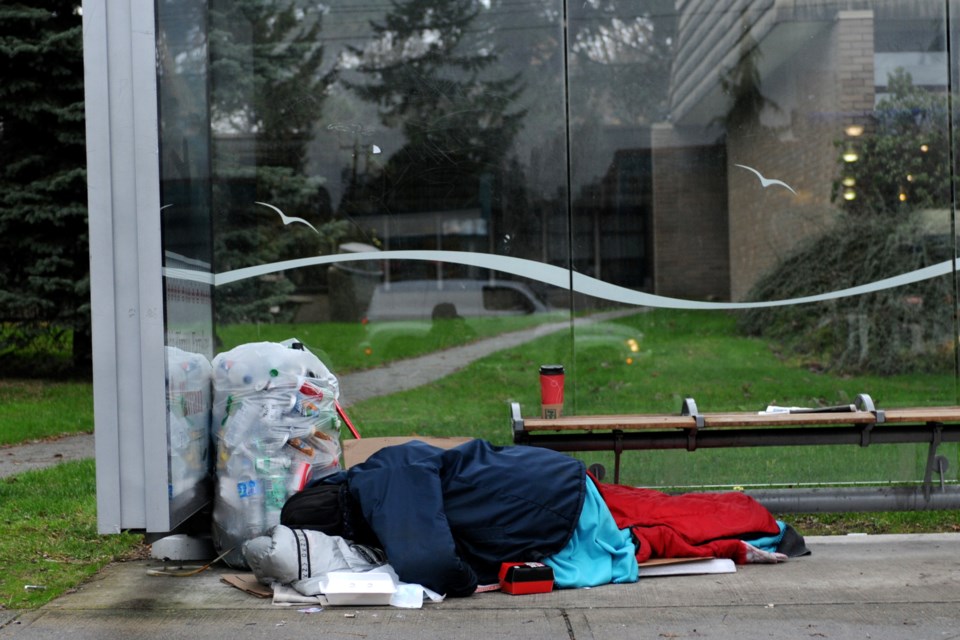Editor:
As we all know, homelessness and housing shortages remain a problem in the Lower Mainland area.
It is not a recent phenomenon and this issue has been in constant acceleration since the 1980s.
You do not need to go very far to see the tent cities. We see the big lavish skyscraper condominiums being built in Vancouver, Burnaby, Coquitlam and Surrey. Once completed, you can play connect the dots with your eye to count the number of vacant units.
We see younger and even older generations being priced out of the housing market. Low- to middle-income earners moving to suburbs and rural communities to find affordable housing whilst placing a strain on communities unable to cope with rapid growth.
This issue has been addressed many times before and it is a problem not exclusive to this region. However, my frustration is with governments in certain municipalities that take little to no action to address this ongoing issue.
For example, in the city of Burnaby, there is barely any affordable housing or homeless shelters. As a social support and outreach worker, I can count on one hand the amount of affordable housing sites and shelters for a city population size of over 250,000 people. A client I used to support who is homeless and was in need of emergency shelter was unable to secure a place.
I came across a 40-bed (supportive housing project) in Burnaby which surprisingly had an open bed. However, the client did not qualify as she is not a resident of Burnaby. I am going to repeat once again that my client is homeless. She has been homeless for over two years.
Most persons who are homeless tend not a have fixed address and are transient. So, how is it possible for someone who is without a stable home or domicile to obtain proof of residency in order to receive services from a homeless shelter?
After speaking with the shelter worker and trying make sense of this odd requirement, I understand it was not the fault of the organization but the city and its poor response to persons who are homeless and under housed.
The city with the assistance of BC Housing invested in this one 40-bed (project). However, there is not enough of these vital resources like this shelter in the entire city.
What was also more concerning were the intersectional ties involved in this situation. An elderly racialized and impoverished woman with various health problems, unable to locate housing, been on BC Housing wait list for over five years, cannot get an emergency shelter bed.
Housing is a right and not a privilege. It is vital to our overall health and well-being.
I strongly believe that homelessness can be eliminated with the following: communities and the powers that be, need to invest and develop more social housing and shelters. This will help produce more positive health outcomes. We need to reduce zoning and land speculation and be more creative with the spaces we already have in our communities. With this in mind, we reduce the number of people and small businesses leaving cities so there is congruency in smaller communities.
Vacancy taxes are good; however, we do not see landlords reducing rent. In addition to these taxes there should be more income driven housing, so tenants are not at risk for homelessness. We also need to look into wage increase because people are now having to spend over 1/3 of their income on rent alone. We also need to end stigma and educate people about homelessness.
Finally, we need to track and discipline persons and companies practicing discriminatory behaviours towards renters and home buyers. All of the above are ways we can eliminate homelessness. We have tools and the policies that can help us take action against this issue, but it is government and society’s willingness needed to make this happen.
Robert Frederick, Burnaby



